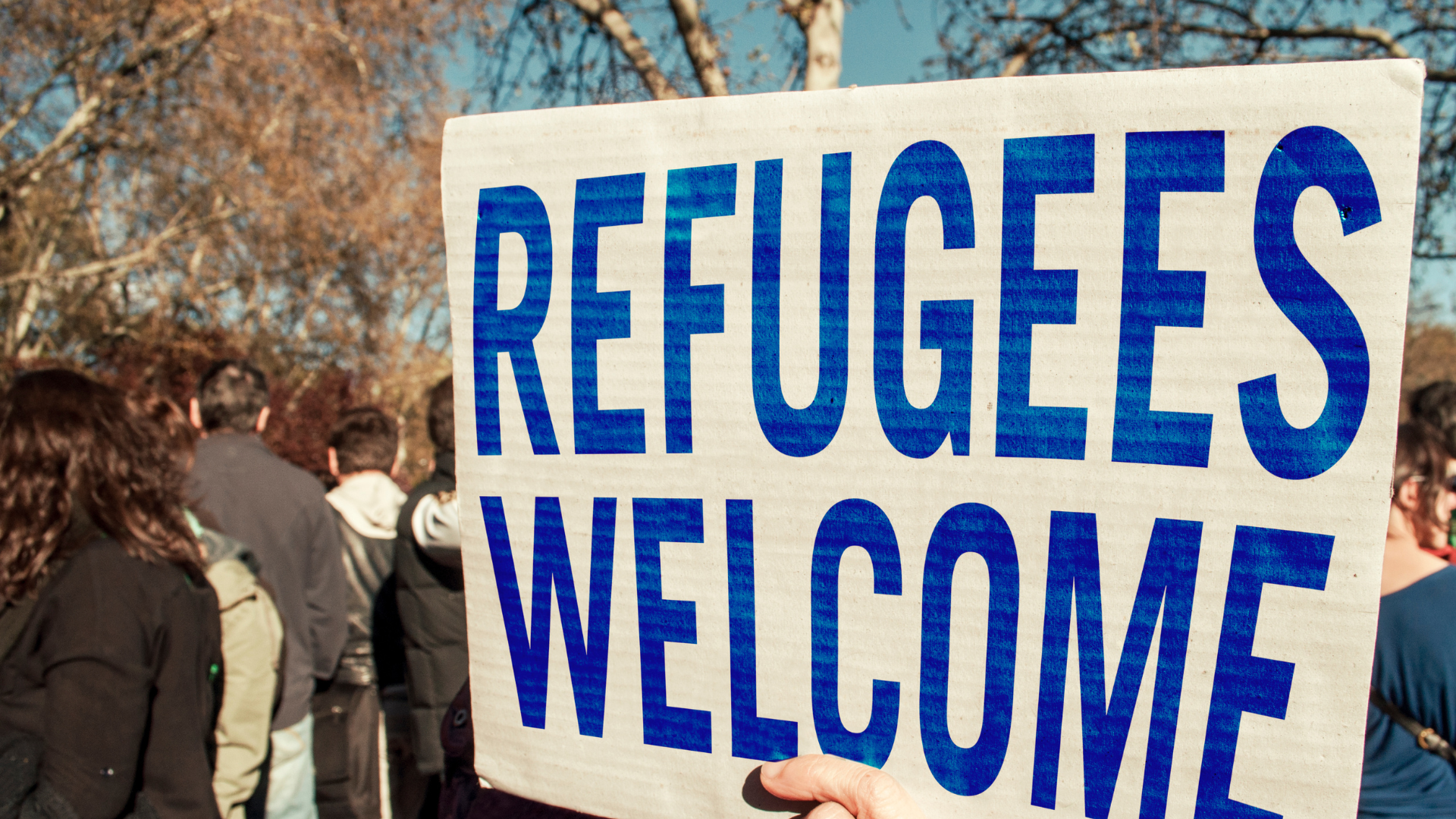Welcoming Refugees: The Welcome Corps Program for Refugees in the United States
In a world affected by ongoing conflicts and humanitarian crises, the United States government has taken a proactive stance in addressing the needs of refugees seeking freedom and safety. One of the key initiatives to support their resettlement is the Welcome Corps program. As a government-run program, the Welcome Corps aims to engage Americans and empower them to directly contribute to refugee resettlement efforts. By building on existing volunteer opportunities with resettlement agencies, this program creates new avenues for Americans to welcome refugees and make a difference in their own communities. Let's delve deeper into the details of this remarkable initiative.
Phase 1: Matching Approved Private Sponsors with Refugees
During the first phase of the Welcome Corps program, private sponsors are matched with refugees who have already been approved for resettlement in the United States through the U.S. Refugee Admissions Program (USRAP). These refugees come from various regions, with a significant number hailing from Sub-Saharan Africa. Private sponsors, working in groups of at least five individuals, come together as a community to provide support in various aspects of resettlement and integration.
Private sponsor groups play a crucial role in the resettlement process. They assist in securing and preparing initial housing, greet refugees at the airport, help enroll children in school, and aid adults in finding employment. These services are akin to those provided by resettlement agencies through the Reception & Placement (R&P) Program. The Welcome Corps equips private sponsors with tools, resources, and ongoing guidance from resettlement experts, ensuring they have the necessary support throughout the sponsorship period.
Phase 2: Expanding Opportunities for Private Sponsors
While Phase 1 focuses on matching approved refugees with private sponsors, Phase 2 of the Welcome Corps program aims to enhance the program's reach and impact. In the upcoming phase, private sponsors will be able to identify specific refugee individuals or families overseas whom they wish to sponsor. These individuals or families will then be referred to the USRAP for consideration to be resettled in the United States, subject to the criteria established by the U.S. government.
The U.S. government will establish additional criteria for who is eligible to be identified and privately sponsored through Phase 2 of the Welcome Corps program. It's important to note that an exact launch date for Phase 2 has not yet been announced. Once Phase 2 is implemented, Americans will have the opportunity to sponsor individuals or families they personally know, further strengthening the bonds of compassion and solidarity.
Refugee Processing and Timelines
It's crucial to understand that being sponsored through the Welcome Corps program does not expedite the refugee processing timelines. All privately sponsored refugees, regardless of their involvement with the Welcome Corps, undergo the same rigorous processing requirements as other refugees approved for resettlement through the USRAP. This includes eligibility determination through overseas interviews conducted by U.S. Citizenship and Immigration Services (USCIS), security vetting by U.S. government law enforcement and intelligence agencies, and medical screenings. Privately sponsored refugees will not receive preferential treatment or expedited processing.
The Welcome Corps program stands as a testament to the United States' commitment to providing refuge and support to those displaced by conflict and persecution. Through this government-run initiative, Americans have the opportunity to directly contribute to the resettlement and integration of refugees. As Phase 2 approaches, private sponsors will soon be able to identify and sponsor specific individuals or families overseas, subject to program criteria established by the U.S. government. The Welcome Corps program empowers Americans to make a lasting impact, fostering a sense of unity, compassion, and welcome within their own communities.
